While I grew up playing RPGs, my goldfish memory has always made it difficult for me to get really stuck into games that have heavy worldbuilding and lore. Especially when they’re part of an existing series I don’t have prior experience with or knowledge of.
Although developers are increasingly trying to make new entries in old series more approachable to newcomers in order to pull in a new generation of players, it can still be really hard for people like myself to get into them. My brain just can’t grasp the intricacies of a brand new, intricately crafted world so easily. But Avowed has managed it.
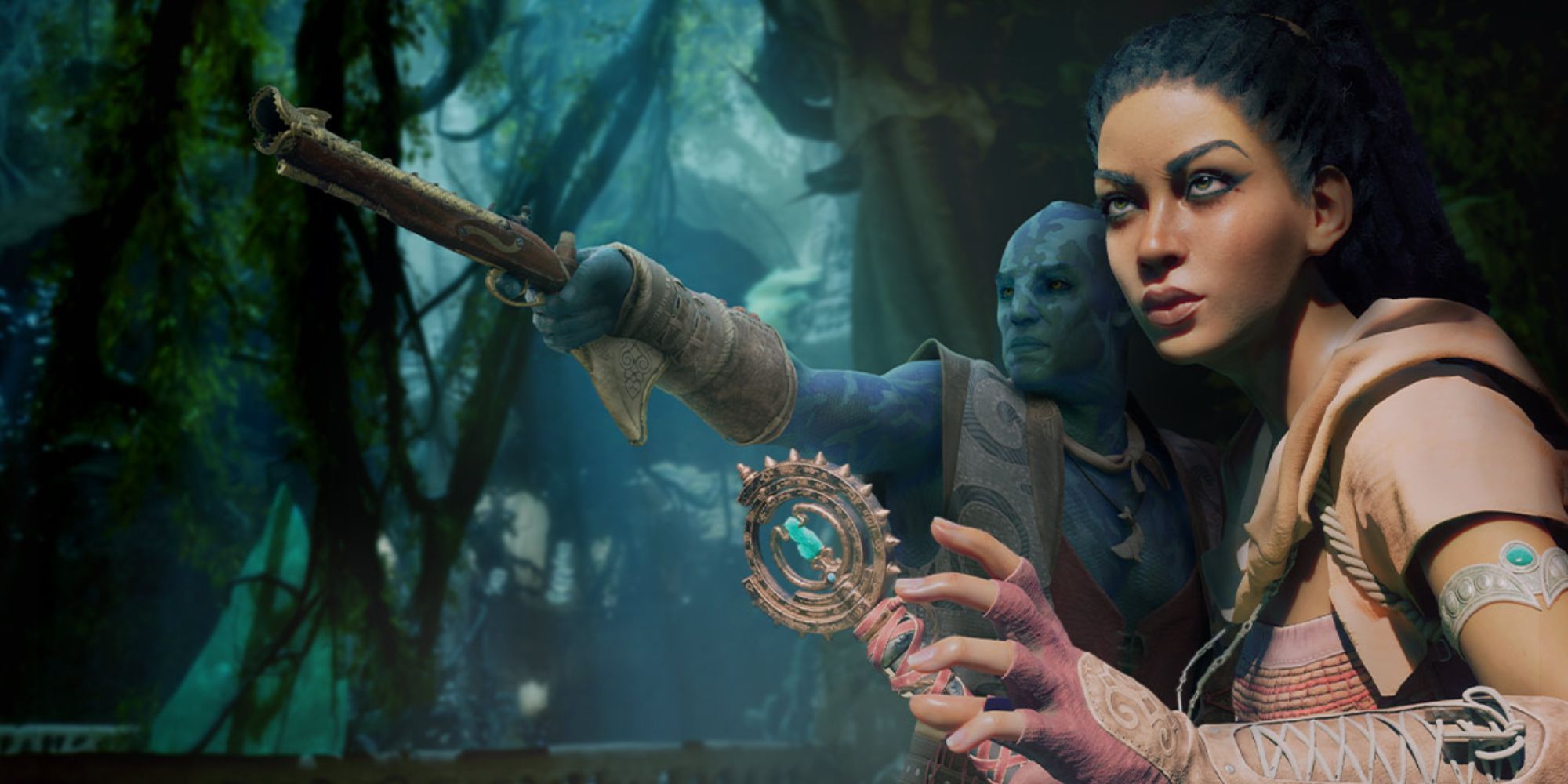
Related
Avowed Proves RPGs Need More Than Just Dialogue Choices
Avowed feels like playing pretend on a big lifeless stage full of cardboard cutouts.
How Do Games Deal With The Problem Of Lore?
This has long been a problem RPG developers have had to solve. The longer a series has existed, the more players will be presumed to know about the world, thus creating even greater obstacles for new players to surmount. As a result, we’ve seen various systems established as go-tos for explaining lore either within games or outside of them.
An easy, obvious example of this is the codex – RPGs have been using these as repositories for information for decades. You might start the game with a full codex, or unlock entries as you progress. I have distinct memories of trying to get through Mass Effect’s vast directory of entries and feeling the beginnings of what I assume was my brain melting and leaking through my ears. While they’re able to give players comprehensive deep dives into lore, they simultaneously assume you are ready and willing to get stuck into these extensive, detail-filled documents.

Related
Could Xbox Game Pass Be The Death Of Slow Burn Games?
If Avowed hadn’t been an Xbox Game Pass day one release, would it look any different?
Much better is the distribution of lore through in-world documents. These might be diaries, audio logs, letters detailing a Romeo & Juliet-style romance between members of two opposing factions, even echoes like in Star Wars Jedi: Survivor. These are smaller and more digestible, don’t disrupt the flow of the game as much (though stopping to read them might throw off your momentum), and if they’re framed within a quest you’re actively working through, they immediately engender more investment on the player’s part.
You might even see a game use knowledge checks the way Baldur’s Gate 3 does, though this is tied to a successful dice roll and is used fairly selectively. Or, if you’re really lucky, you’ll have access to something like Final Fantasy 16’s State of the World board.
How Does Avowed Solve The Lore Problem?
Avowed uses a different system, one that’s incredibly simple and easy to understand. Since I haven’t played any of the Pillars of Eternity games, it can feel at times like characters are spouting total nonsense. As you have conversations with NPCs, certain words will be highlighted. You click for a specific definition or to see a log of all the highlighted words in a conversation and why they matter.
This, naturally, makes the game feel far more seamless. Instead of having to make my character ask incredibly basic questions about the world and then have to either a) sit through a lengthy exposition dump or b) have NPCs ask my character if they’re stupid, an amnesiac, or both, the system offers separation between what the protagonist knows and what the player knows. It keeps roleplaying immersive, and better yet, doesn’t force the player to pause and dig up a codex entry in an attempt to keep up.
This isn’t an original system – it was implemented in Pillars of Eternity, the series that Avowed spins-off from, and similar systems are also used in Owlcat Games’ titles, including Warhammer 40K: Rogue Trader. We even saw a very early version of this mechanic in Morrowind. But we don’t really see this kind of feature in RPGs anymore, at least not contemporary ones outside of the somewhat more niche CRPG genre, and certainly not in mainstream double-A action RPGs released in the 2020s like Avowed.
I don’t see why this kind of system has to be limited to fantasy or sci-fi settings – any RPG with a long ongoing backstory could benefit from giving new players a bit more information easily and quickly. Imagine if a Yakuza game had this kind of system and explained the lore of returning characters to you as you met them, because man, there are a lot of characters. Even as someone who’s put hundreds of hours into the series, I get lost, because there are so many games and characters, and I only have so many brain cells.
A lot of new installments to series dumb themselves down to cater to new players, but that doesn’t have to be the way we do this. Sometimes a well implemented lore dictionary will do the trick, and I think a lot more games should be giving players information in similar ways. It’s certainly better than a codex.
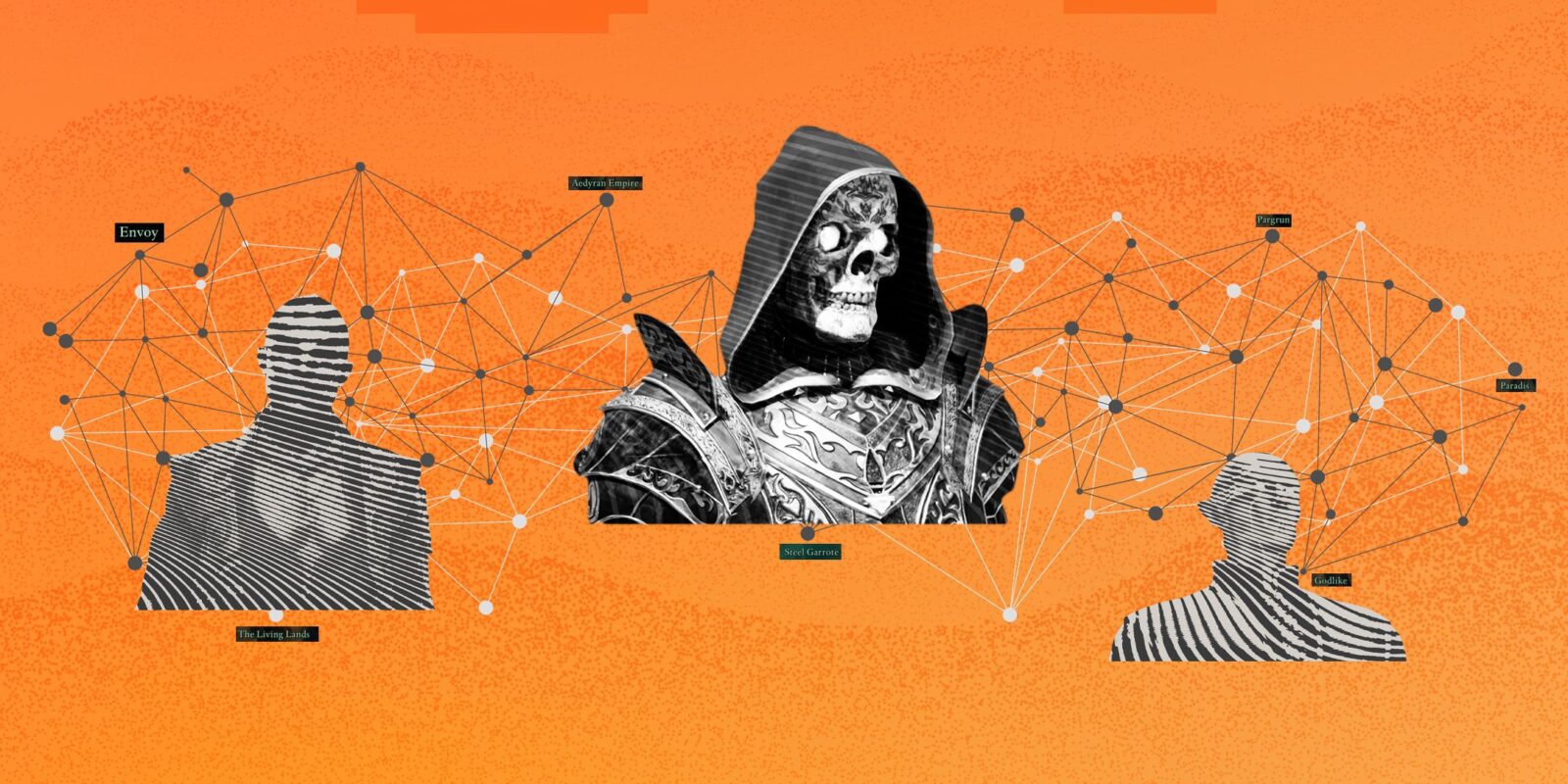

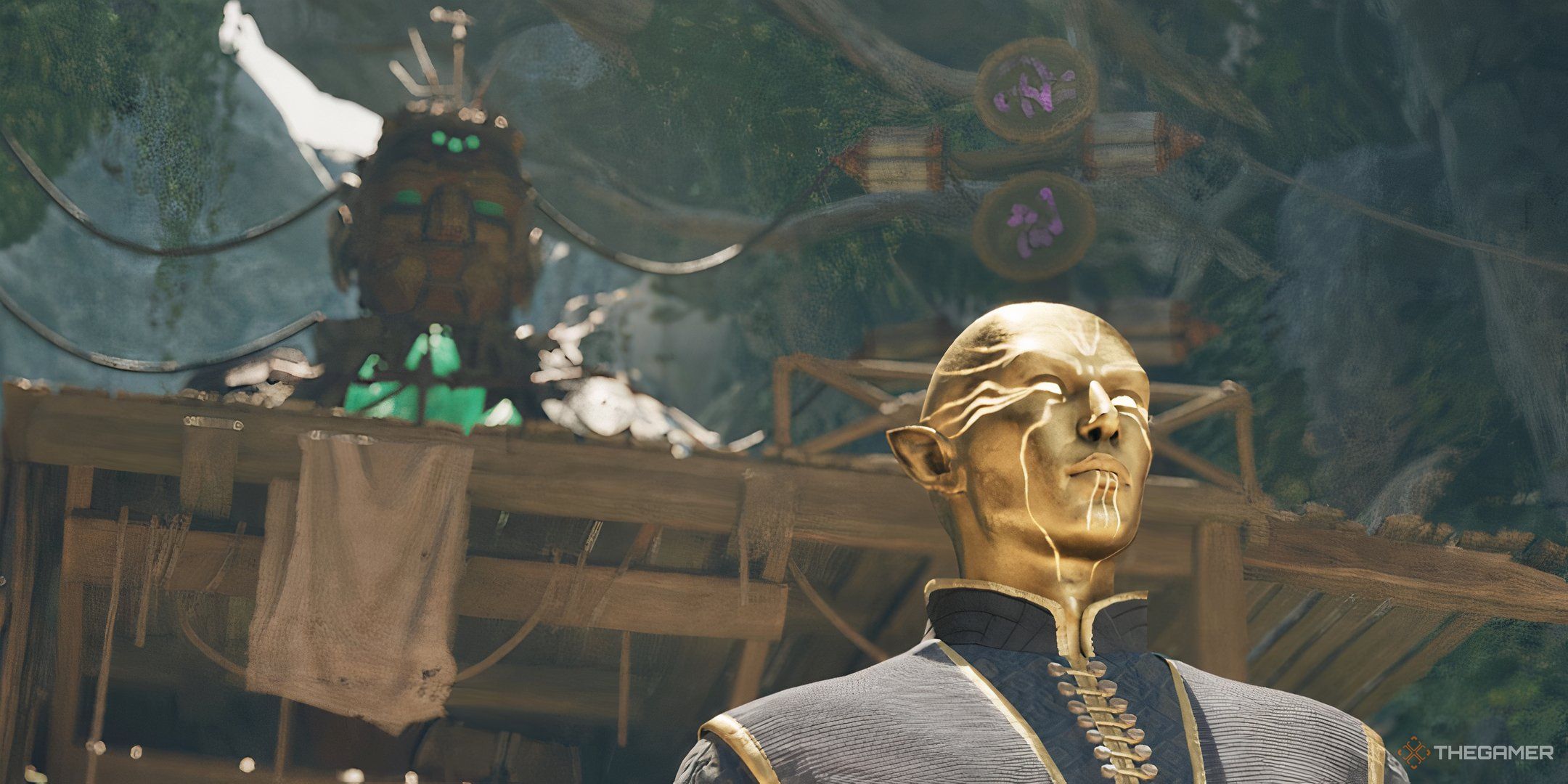

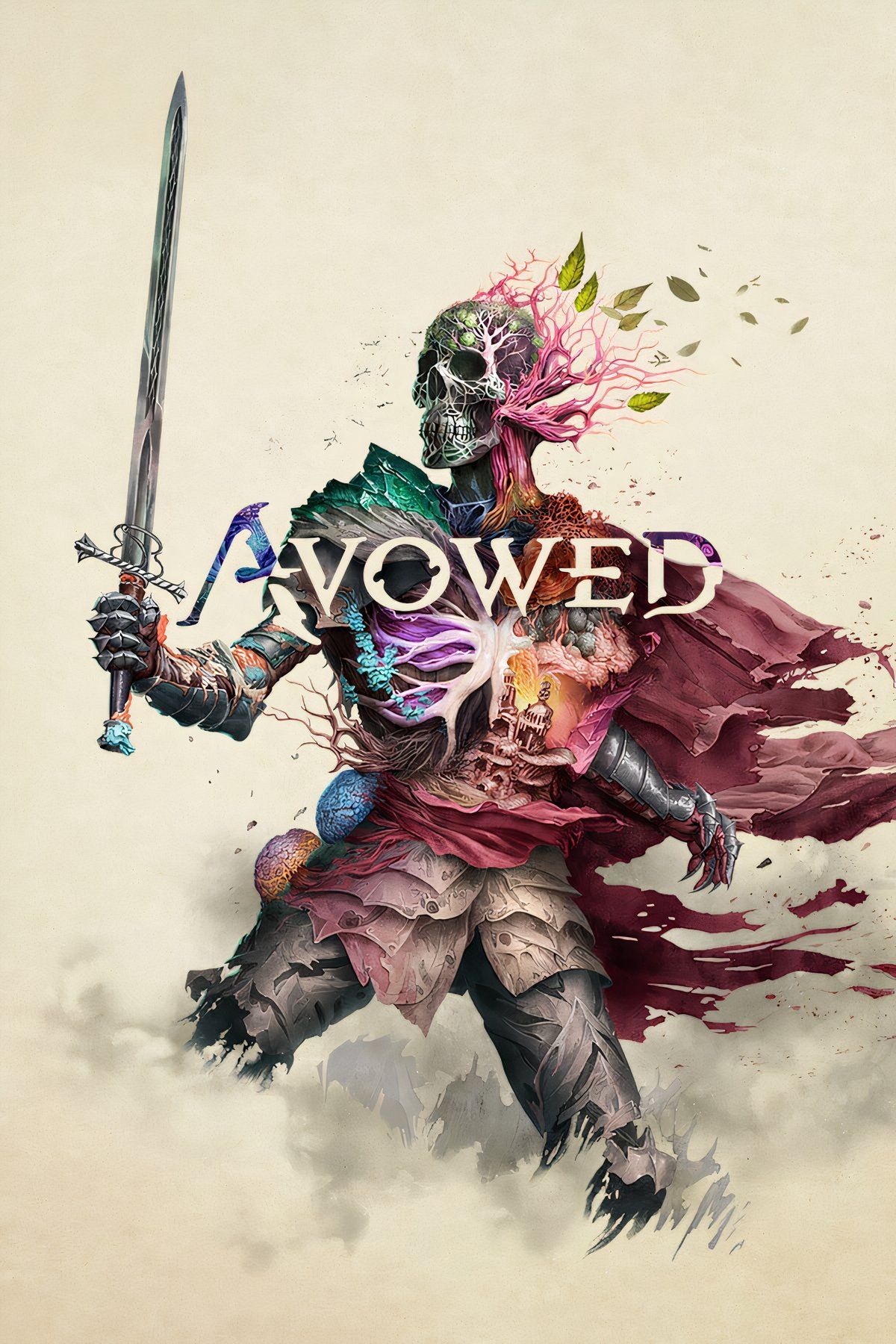






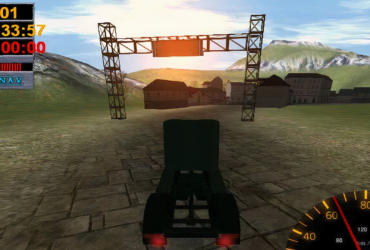
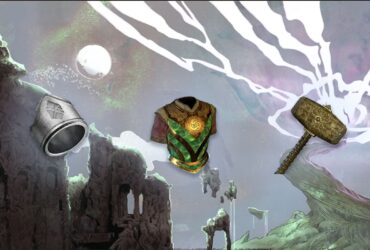
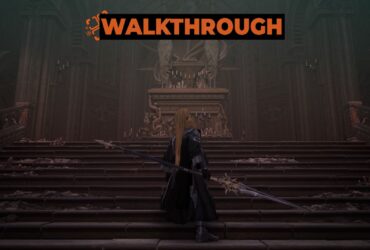
Leave a Reply